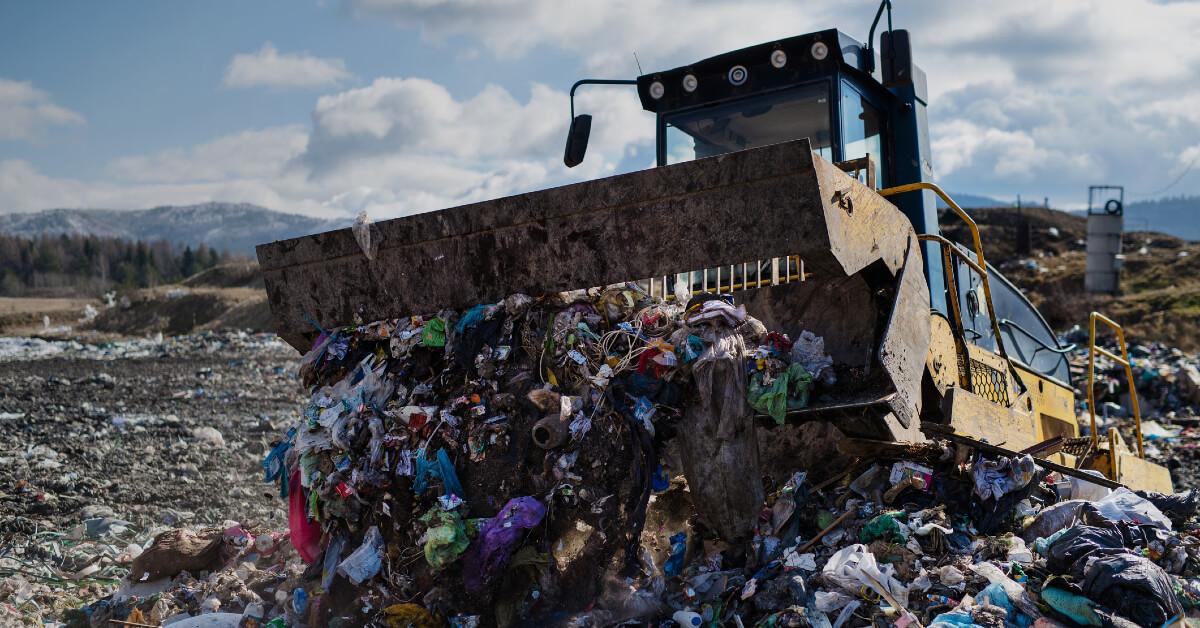Forget the Landfill! Your Waste Coffee Grounds Can Make Concrete 30 Percent Stronger
Updated Jan. 11 2024, 9:37 a.m. ET

Coffee is a pretty universal delight. According to Seven Mountains Coffee, the caffeinated treasure is consumed by approximately 30 to 40 percent of the world's population regularly. More specifically, the company wrote, "166.63 million 60-kilogram bags of coffee were consumed globally in 2020/2021."
New Atlas reported that "worldwide, the [estimated] total amount of spent coffee grounds (SCG) produced annually is 60 million tons." Unfortunately, much of that goes into landfills. Though coffee grounds are organic waste, their decomposition is halted in landfills.
Thankfully, RMIT University researchers have developed a way to give waste coffee grounds a second life — and it involves making concrete significantly stronger.

Australian engineers are turning waste coffee grounds into uber-strong concrete.
According to RMIT Australia, a recent study (published in the Journal of Cleaner Production) by RMIT engineers "is the first to prove that waste coffee grounds can be used to improve concrete."
In order to make concrete 30 percent stronger, lead study author Dr. Rajeev Roychand and his team are turning used coffee grounds into biochar — which the U.S. Department of Agriculture defined as "a stable solid rich in carbon that is made from organic waste material or biomass that is partially combusted in the presence of limited oxygen."
“The disposal of organic waste poses an environmental challenge as it emits large amounts of greenhouse gases including methane and carbon dioxide, which contribute to climate change,” Dr. Roychand said.
Waste coffee ground biochar can reduce the amount of sand used in concrete.
Not only can this groundbreaking technique keep excess organic matter out of landfills, but it can help preserve a precious natural resource: Sand.
“The ongoing extraction of natural sand around the world — typically taken from river beds and banks — to meet the rapidly growing demands of the construction industry has a big impact on the environment,” study author Professor Jie Li explained.
"Typical" concrete mix is about 10 percent cement, 20 percent air and water, 30 percent sand, and 40 percent gravel, per Concrete Supply Co.
"There are critical and long-lasting challenges in maintaining a sustainable supply of sand due to the finite nature of resources and the environmental impacts of sand mining," Professor Li continued.
In a 2017 article, The Guardian deemed sand mining "the global environmental crisis you’ve probably never heard of." In short, the industry destroys habitats (specifically those of bottom-dwellers) and pollutes waters, suffocating aquatic species and negatively impacting birds. Additionally, sand extraction causes significant infrastructure damage, often leaving "the foundations of bridges exposed and unsupported," per The Guardian.
“With a circular-economy approach, we could keep organic waste out of landfill and also better preserve our natural resources like sand," Professor Li said.
Co-researcher Dr. Mohammad Saberian relayed that the team has also concocted biochar from wood, food waste, agricultural waste, and municipal solid-waste.
As for what inspired the coffee-concrete study, Dr. Roychand said that the team was interested in "[finding] an innovative way of using the large amounts of coffee waste in construction projects." More specifically, Dr. Roychand wanted to give the coffee grounds a "double shot at life."
“Several councils that are battling with the disposal of organic waste have shown interest in our work. ... They have already engaged us for their upcoming infrastructure projects incorporating pyrolysed forms of different organic wastes.”
Dr. Shannon Kilmartin-Lynch — joint lead author and a Vice-Chancellor’s Indigenous Postdoctoral RMIT Research Fellow — was inspired for more personal reasons.
His inspiration embraced Caring for Country and "ensuring there’s a sustainable life cycle for all materials and avoiding things going into landfill to minimize the impact on the environment."
Australia's Department of Climate Change, Energy, the Environment and Water described Caring for Country as "an obligation and an honor" for Indigenous Australians. The concept "draws on laws, knowledge, and customs that have been inherited from ancestors and ancestral beings, to ensure the continued health of lands and seas with which they have a traditional attachment or relationship."
Though the team's research is in early stages, coffee concrete is certainly promising. We'll drink some espresso martinis to that!
This article, originally published on Oct. 3, 2023, has been updated.